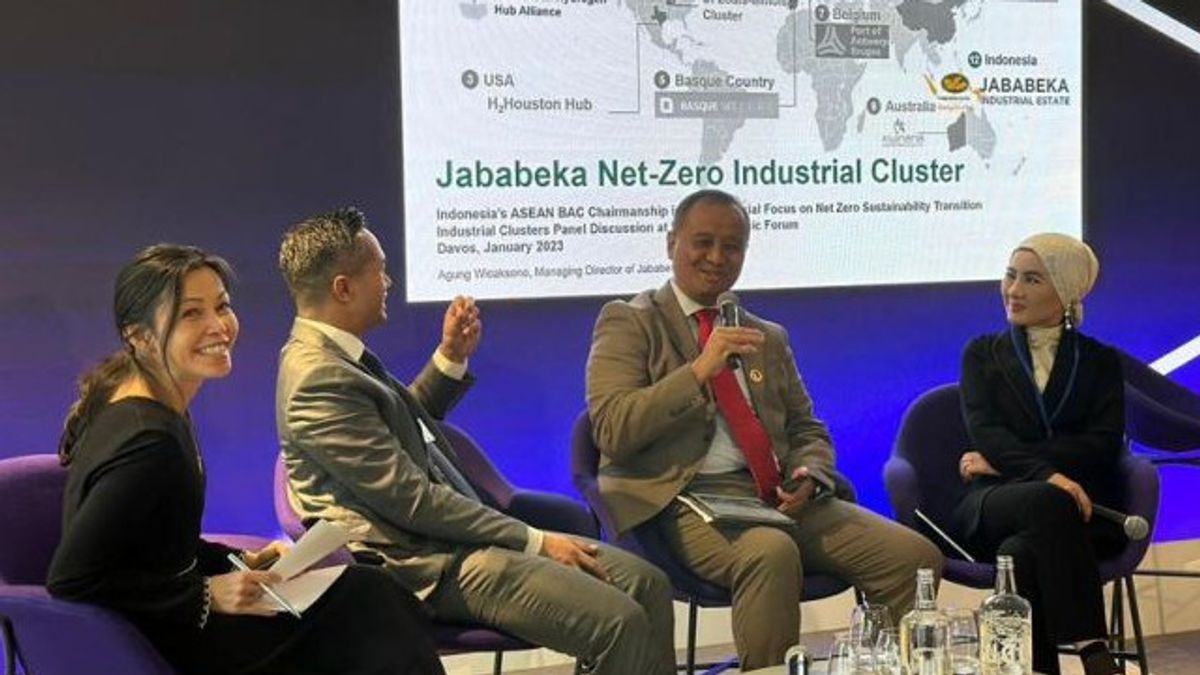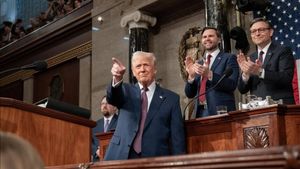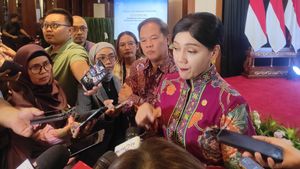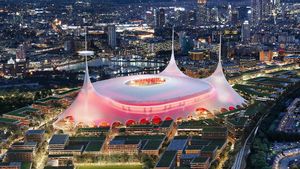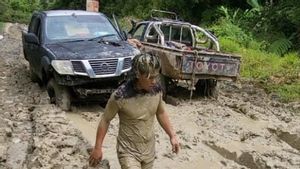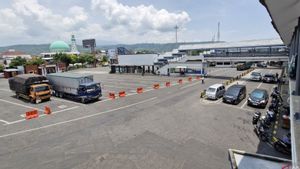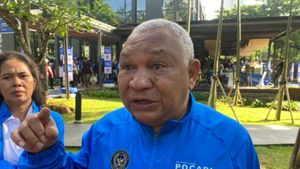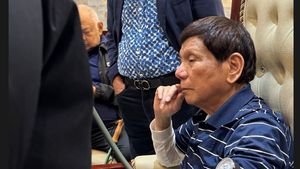JAKARTA - One of the industrial areas in Indonesia, namely PT Jababeka Tbk, conveyed the readiness and steps to prepare a roadmap for the Jababeka Industrial Estate, Cikarang, in realizing Jababeka Net Zero Industrial Cluster 2050.
This was conveyed when participating and filling the panel at the Indonesia's ASEAN Business Advisory Council (BAC) Chairmanship in 2023 at the World Economic Forum (WEF) Annual Event at Accenture Lounge, Davos-Swis.
"Jababeka Net Zero Cluster is built on an industrial area that is more than 30 years old. It is the first industrial area in ASEAN to come from a developing country that is part of the WEF network," said Managing Director of Jababeka Infrastructure Agung Wicaksono in his statement, quoted from Antara, Friday, January 20.
Agung conveyed that Jababeka together with partners and tenants who are committed collectively will voice their tenant needs regarding sustainable products and services.
In addition, continued Agung, Jababeka also voiced the need for the use of new and renewable energy to the potential for collaboration that could significantly affect the industrial sector in Jababeka.
Agung Wicaksono conveyed that the presence of the Jababeka-Cikarang Industrial Estate in the industrial area map in the world at the WEF is expected to give pride to Indonesia and ASEAN.
"To coincide with 2023, Indonesia is the chairman of ASEAN, hopefully, the commitment as the first industrial area in ASEAN to become a nettzero will continue," said Agung.
Agung added that the next step taken by Jababeka was to prepare a roadmap for decarbonization of the Jababeka-Cikarang Industrial Estate with tenants and Pertamina as energy partners.
"We invite tenants together to develop a baseline and strategy for decarbonization in accordance with the needs of business processes and conformity with the technology that continues to be developed. Because the target of achieving Indonesia Net Zero in 2060 can only be achieved with the netzero industrial area earlier than that, so we set 2050 as a target," said Agung.
The WEF is an independent international organization that holds events every year involving business leaders, politics, academics and other communities to form global, regional and industrial agendas.
Since 2021, the WEF, together with Accenture and EPRI, has launched a global initiative to support industrial clusters reaching carbon neutral. Where the industrial sector contributes to 30 percent of global carbon emissions, so that industrial clusters are key players in accelerating roads to carbon neutral.
At a routine meeting January 19, 2021, at the Davos, WEF announced 9 additional industrial clusters that entered as signatures to become 17 clusters.
At this year's annual event, the WEF also launched the Annual Report 2023 Transiting Industrial Clusters towards Net Zero, where the Jababeka Net Zero Industrial Cluster was announced to be included in one of the lists.
The English, Chinese, Japanese, Arabic, and French versions are automatically generated by the AI. So there may still be inaccuracies in translating, please always see Indonesian as our main language. (system supported by DigitalSiber.id)
